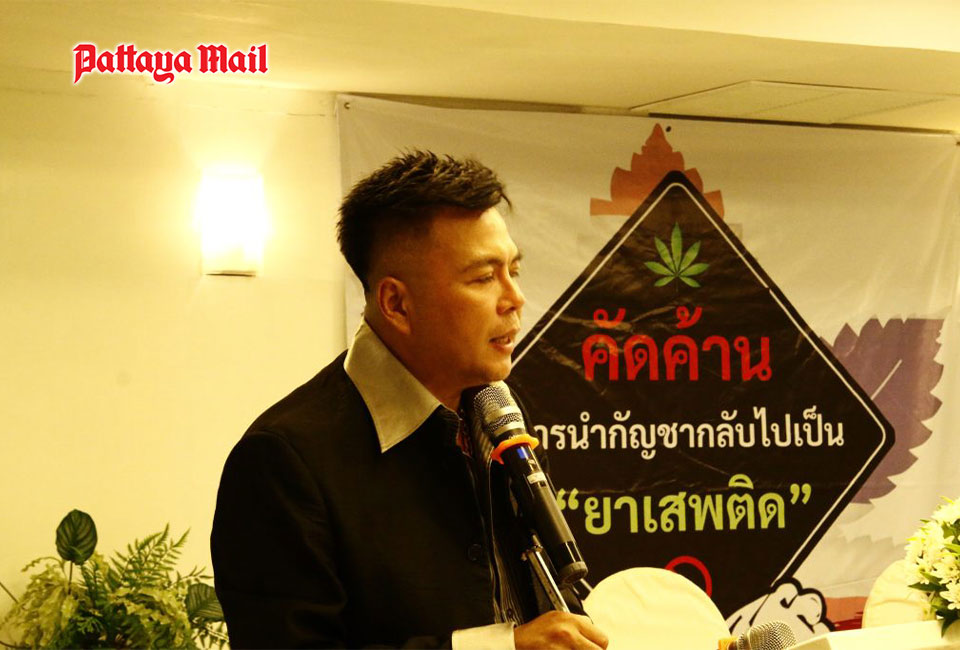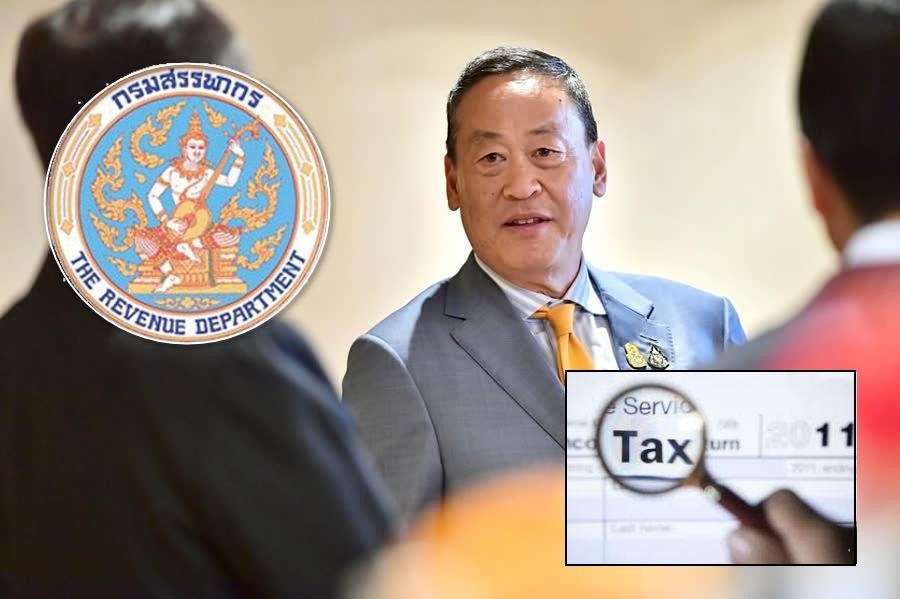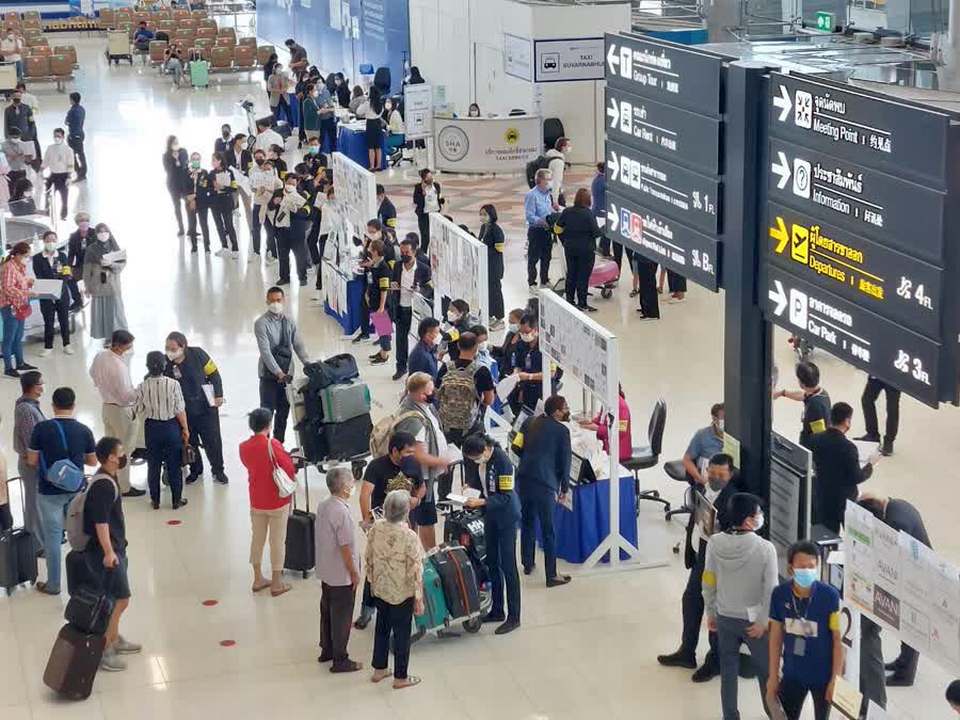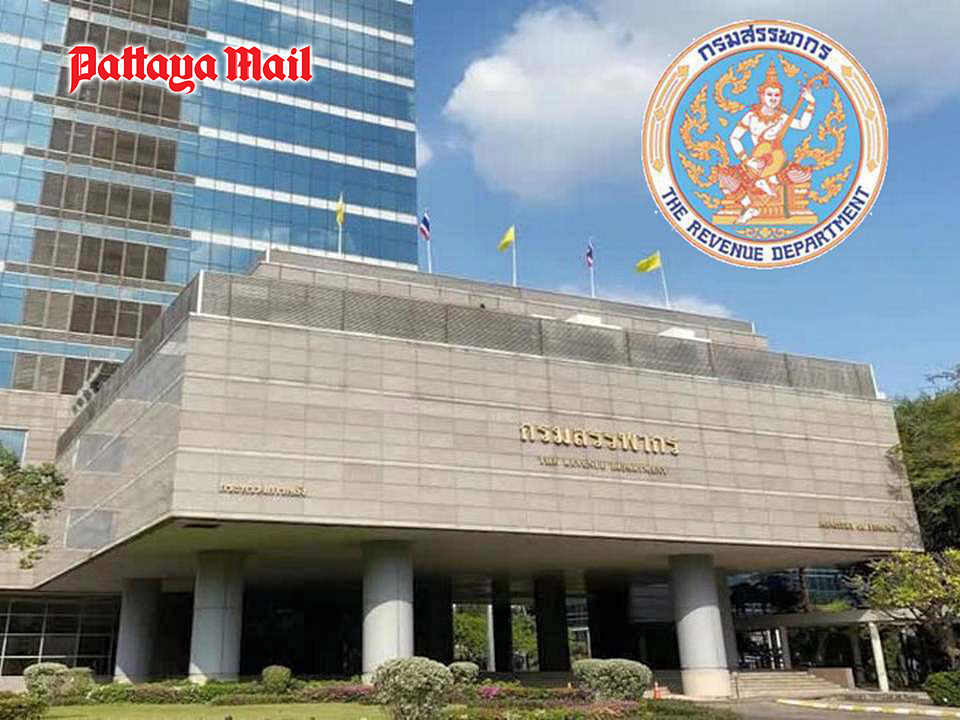
Picture courtesy: Thai Rath
The Thai Cabinet has tasked the Interior Ministry with amending the Condominium Act to increase the foreign ownership limit in condominium projects from 49% to 75%. Additionally, they have been directed to modify the Land Act to allow foreigners to lease land for 99 years, up from the current 50 years.
Interior Minister Anutin Charnvirakul indicated on Friday that the Land Act requires minimal changes. The existing law already permits a 50-year lease with an option to extend for another 50 years. The amendment aims to ensure foreign investors can secure land for up to 99 years in a single lease contract, enhancing investment confidence and viability.
Despite the boost in foreign ownership percentage, control over the developments will remain in Thai hands. Foreigners purchasing up to 75% of condominium units will not gain additional voting rights in the management of these properties, ensuring Thais retain control, Anutin clarified, reported Thai PBS.
The push to revise the Condominium Act comes as Thailand faces an oversupply of low and moderately-priced units. The Interior Minister expressed optimism that increasing foreign ownership limits will stimulate this sluggish market segment. This shift, he argues, will benefit both Thailand and its people by promoting economic activity and encouraging foreign investment.
The proposed changes mark a significant shift in Thailand's property market policies, designed to encourage more foreign capital flow into the country. By extending the lease period and increasing allowable foreign ownership, the government aims to make Thailand a more attractive destination for international investors.
These amendments, once implemented, could transform the dynamics of Thailand's real estate market, offering longer-term stability for foreign investors and opening up a wealth of opportunities within the country's property sector. This development underscores Thailand's commitment to economic growth and integration into the global market.
-- 2024-06-22


























